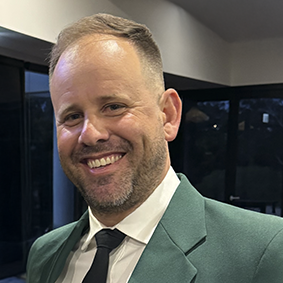
Richard (Ricky) Esteb
Licensed Mortgage Broker & Founder
Credit Rep #574071
ACN 681 636 056
83+ Lender Panel
With direct experience helping Australians secure home loans, car finance, and business funding, Ricky founded Esteb and Co to bring transparency and technology to mortgage broking. Every piece of content is written from real-world lending experience.
✓ Verified & Last Reviewed: December 2025 | Content meets ASIC regulatory requirements
